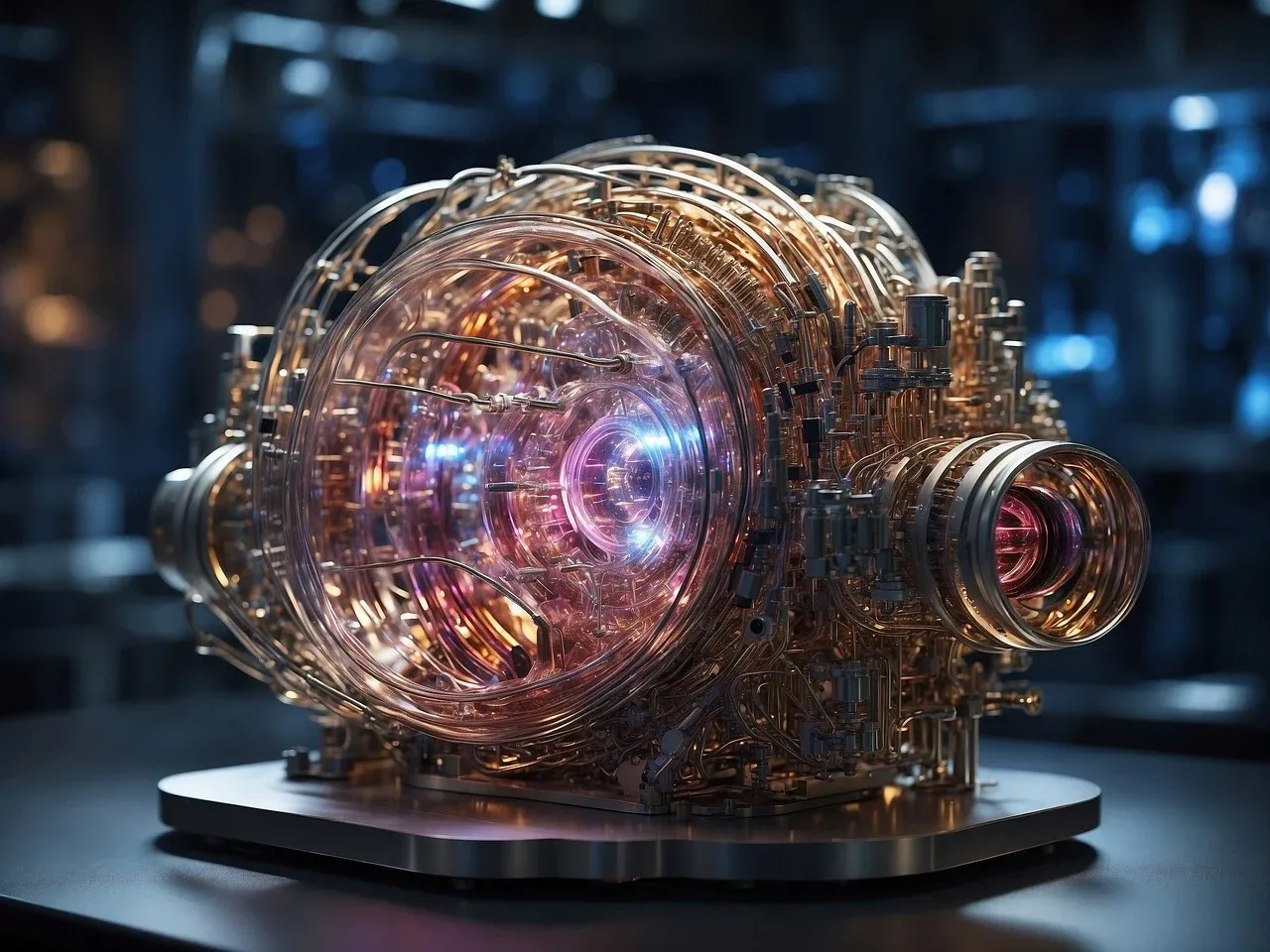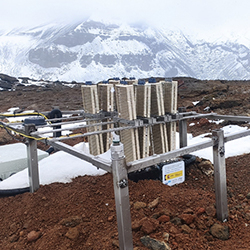The energy strategy of Google, Amazon, and Microsoft
The growing interest of tech giants like Google, Amazon, and Microsoft in nuclear microreactors, also known as Small Modular Reactors (SMRs), is transforming the energy landscape in response to the accelerated demand for electricity driven by Artificial Intelligence.

Why nuclear microreactors?
Artificial Intelligence has significantly increased energy consumption in data centers, which now require much higher capacity to process vast amounts of information. This surge is driving companies to seek sustainable and continuous energy sources to meet their environmental commitments and keep their operations running without interruption.
Key advantages of SMRs
Small modular reactors (SMRs) offer several advantages over other energy sources:
Artificial Intelligence has significantly increased energy consumption in data centers, which now require much higher capacity to process vast amounts of information. This surge is driving companies to seek sustainable and continuous energy sources to meet their environmental commitments and keep their operations running without interruption.
Key advantages of SMRs
Small modular reactors (SMRs) offer several advantages over other energy sources:
- Continuous and Reliable Generation: SMRs operate 24/7, eliminating the intermittency limitations of renewable energies like solar and wind.
- Low Carbon Emissions: As a nuclear energy source, SMRs significantly contribute to reducing the carbon footprint, a crucial factor for companies committed to sustainability.
- Location and Efficiency: Due to their compact size, they can be installed near data centers, minimizing transmission losses.
- Rapid Construction: Their modular design allows for faster construction compared to large nuclear plants.
Big Tech and their investment in nuclear energy
The big tech companies are making strides with concrete agreements and projects in this area. Amazon has taken the first step to support the development of four advanced small modular reactors (SMRs), while Google and Microsoft have signed agreements to incorporate nuclear energy into their energy mix through SMR projects that will be completed in the coming years.
Challenges ahead
While the potential of SMRs is high, they also face challenges, such as initial costs and the management of radioactive waste. Additionally, regulation and economic viability remain obstacles to be addressed before these initiatives can be developed on a large scale.
Towards a new energy model
The adoption of small modular reactors by these major companies could accelerate the transition to a more sustainable energy model, driving greater private sector participation in nuclear development. In doing so, big tech could mark a turning point in how they manage their energy needs and contribute to a low-carbon economy.
Did you like this post? Check out our latest current news!




